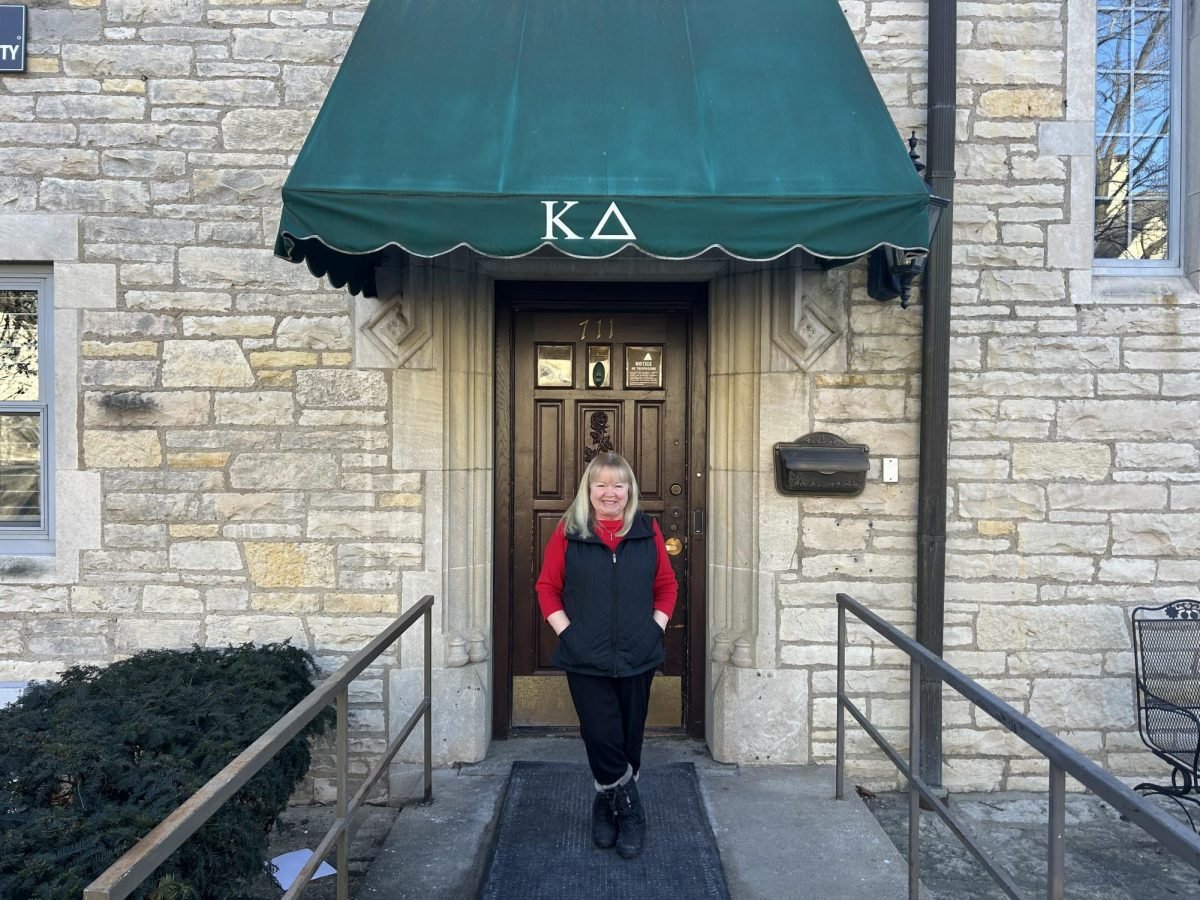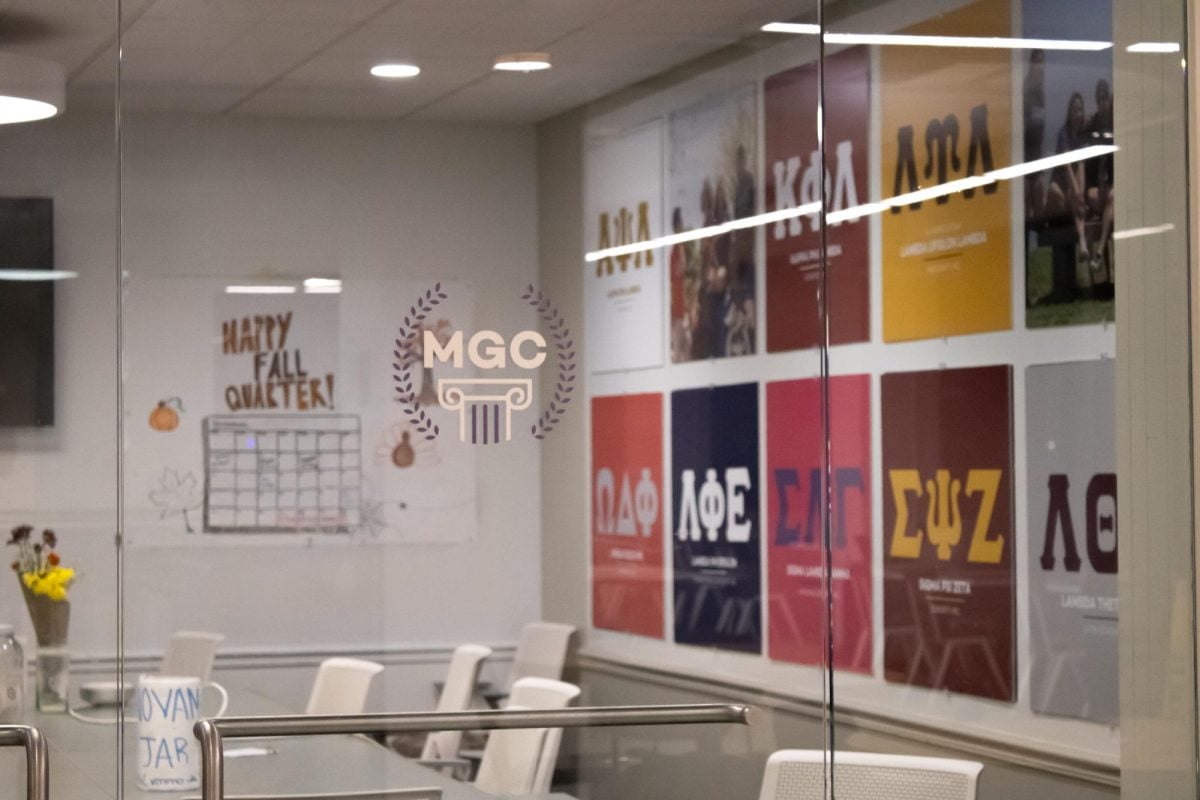A textbook price comparison website is attempting to ease the burden of books on students’ bank accounts by offering a service that projects how much students will earn back by selling their books on the Web at the end of the semester.
“We’ve found that students who use the price comparison site and find the cheapest copy of the book at the beginning of the semester and find the highest possible offer for the book at the end of the semester often save more than those who purchase eBooks or rent textbooks,” said BIGWORDS.com founder and CEO Jeff Sherwood.
BIGWORDS.com launched in 2001 with a mission to make textbooks as cheap as possible. The website searches book prices from vendors throughout the web and provides students with the most affordable options, even accounting for shipping at no additional cost to the students, said Sherwood.
“We receive a percentage of the sale, but it is paid by whoever you buy books from, not the students,” Sherwood said. “If you’re buying a book from Amazaon through BIGWORD it will be the same price on BIGWORD as it is on Amazon.”
According to research conducted by Sherwood using purchase history from BIGWORD over the past ten years, buying and selling books through their website saved students more than $1,000 per school year on average.
Sherwood said this data was based on comparing the amount spent by students using BIGWORD.com to a study by the Government Accountability Office on textbook expenses.
The price comparison technology takes into account trends from the past ten years, and price changes that result from upcoming new editions to predict how much students will receive back by reselling their used books online at the end of the semester, said Sherwood.
The price comparison website does not take into account the prices of books at campus book retailers, which Sherwood implied are often more expensive than web options.
“Most students end up going to their campus bookstores and don’t know about the other options they have available,” Sherwood said.
The Northwestern University Official Campus Bookstore advertises on its home page that renting books saves over 50% and eTextbooks saves up to 60%.
Sherwood’s research shows that while trends indicate an increase in students using these options, they are not the most price effective. He said students should use his website to check projected resale offers before purchasing Ebooks or renting from a campus store.
“It’s not cheaper to buy and sell through a university bookstore,” Sherwood said. “Using this new technology, students can compare what they will get by selling the book at the end of the semester to what they would pay for a digital copy.”







